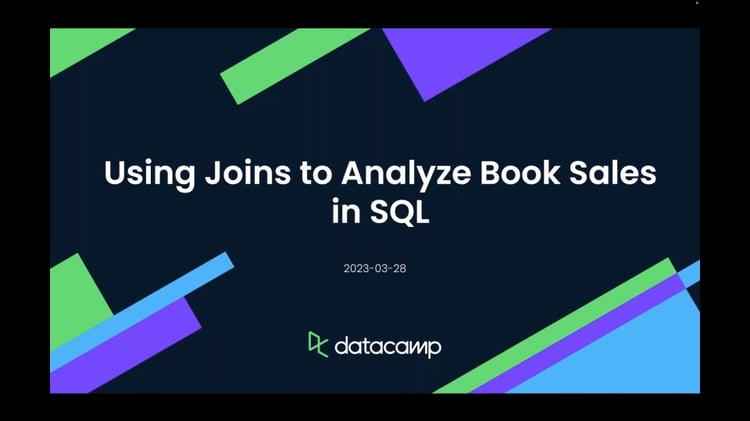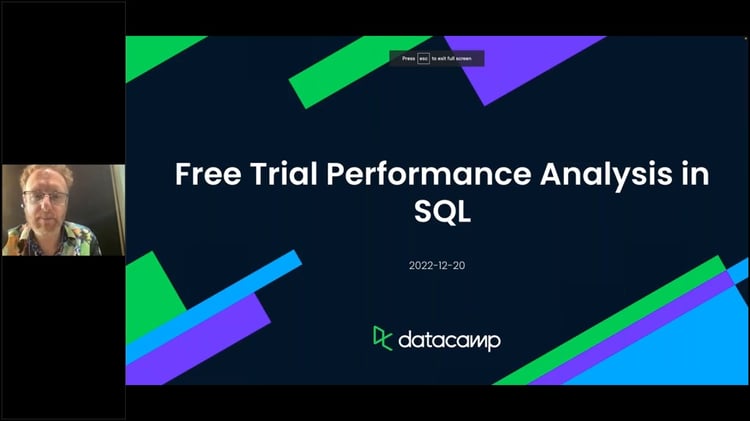In this live training, we’ll be analyzing ticket sales data through Amazon Redshift, a data warehouse product that is part of Amazon Web Services.
Even though Redshift’s underlying technology is vastly different from classical relational databases, we can also run queries using SQL. Using DataLab, we will connect to a redshift cluster and start with some initial exploration of the data.
Next, we move on to answering increasingly complex analytics questions using common techniques like joining, grouping, and aggregating the data.
To top it all off, we will create an insightful visualization that shows the highest-grossing events in the dataset. Filip will provide a template workspace for you so you can easily follow along as he’s coding up the model.
Key takeaways
-
Connect to a Redshift cluster, and browse tables with DataLab
-
Run queries against a Redshift cluster with DataLab
-
Perform joins of multiple tables, and grouped aggregate functions to answer increasingly complex questions



